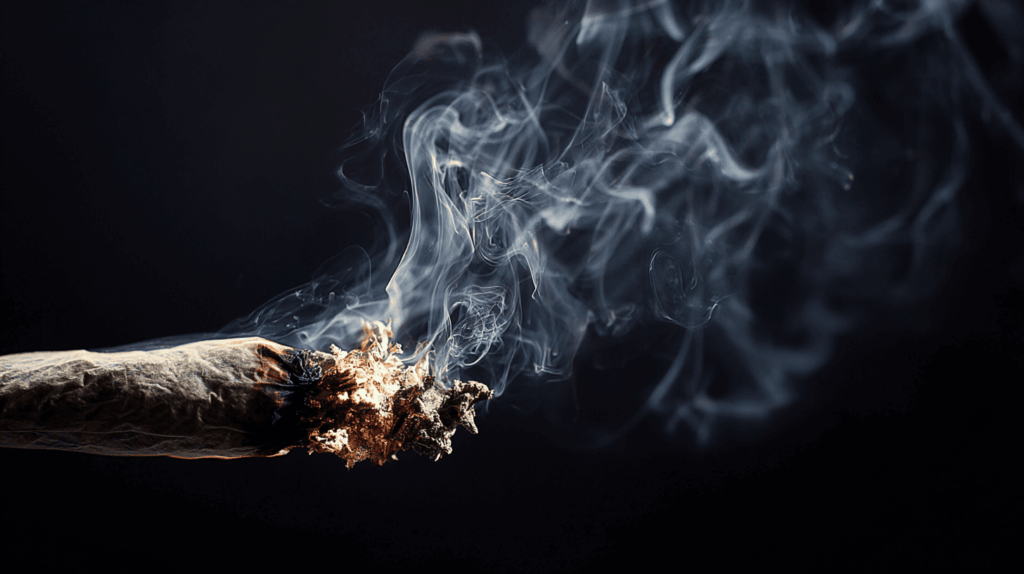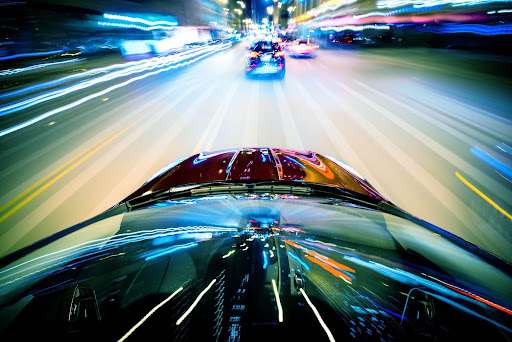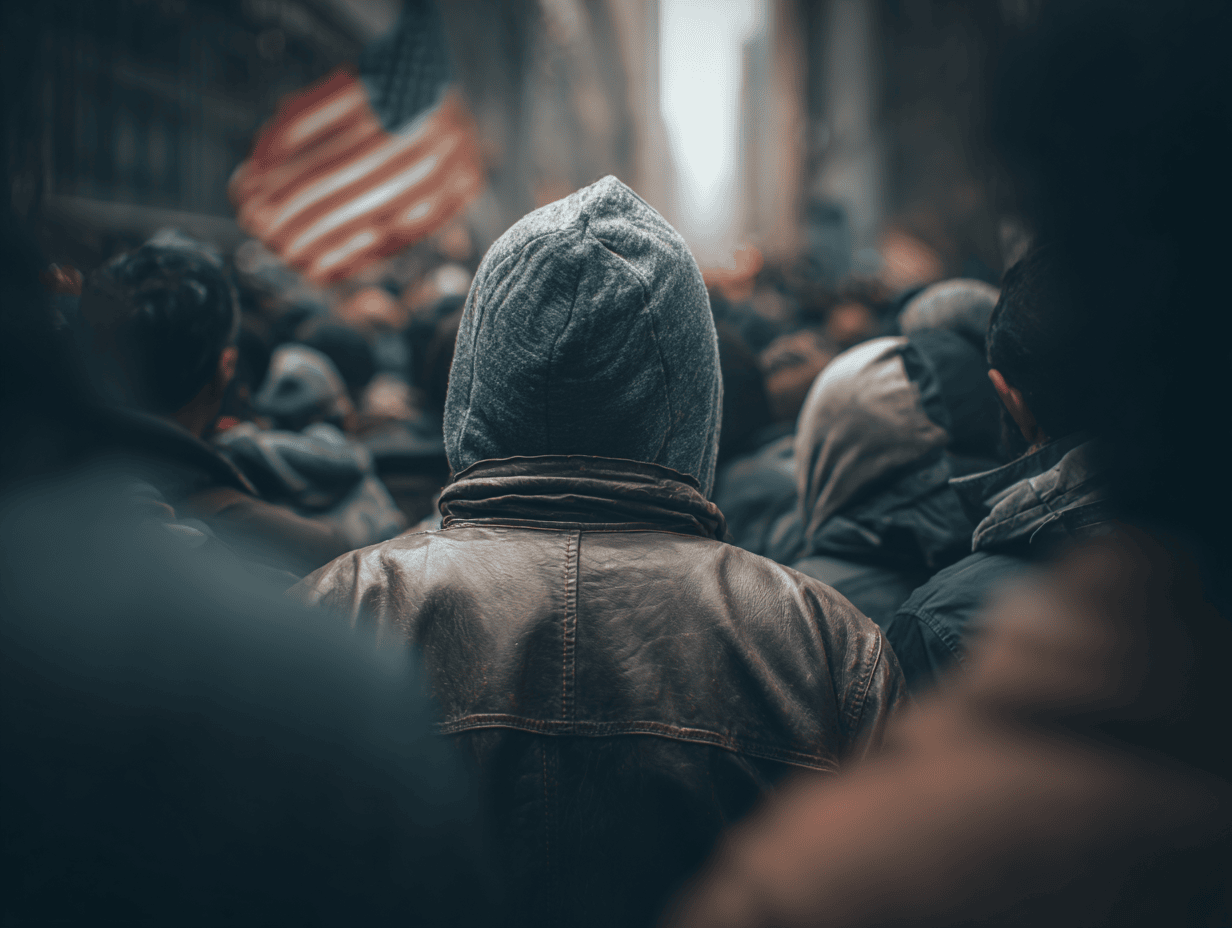Virginia’s marijuana laws have loosened, but that doesn’t mean cannabis is risk-free. Adults 21 and older can legally possess small amounts, but plenty of situations still result in criminal charges—and the consequences can be serious. If you’ve been cited or arrested, you may be wondering how you ended up with a charge in the first place. Let’s break down what’s legal, what’s not, and what to do if you’re facing marijuana-related charges in Virginia.
Disclaimer: Marijuana possession is still illegal under federal law. If you are found with marijuana, you can be prosecuted by the feds, even in states such as Virginia. In reality, they are more likely to bring charges if you’re found with marijuana on federal property—such as a military base, a national park, or a federal courthouse—but understand that marijuana use is still a federal crime.
Virginia Marijuana Laws Today
What’s Legal for Adults 21+
Since July 1, 2021, adults 21 and older may legally:
- Possess up to one ounce of marijuana for personal use.
- Share (but not sell) up to one ounce with another adult 21+.
- Grow up to four plants per household for personal use, provided the plants are kept at a private residence, out of public view, and tagged with identifying information.
These rights are outlined under Code of Virginia § 4.1-1100.
Home Growing Rules
Home cultivation is legal, but you must follow the tagging and visibility requirements. Violations can still trigger penalties.
Sharing vs. Selling
You can “gift” marijuana within the one-ounce limit. Selling, however—even to another adult—is illegal without a license.
When Marijuana Possession Becomes a Crime
Underage Possession
Anyone under 21 caught with marijuana can face a civil penalty or misdemeanor charge. See Code of Virginia § 4.1-1105.1.
Possession Over the Legal Limit
- More than one ounce but less than four ounces = civil penalty with a fine.
- More than four ounces = misdemeanor or felony, depending on the amount.
Penalties escalate under Code of Virginia § 18.2-248.1.
Distribution or Intent to Distribute
It’s important to note that selling any amount of marijuana in seed OR plant form remains illegal in Virginia as of September 2025. Even though adults may grow up to four plants for personal use, those plants cannot be legally sold or exchanged as part of a transaction. Attempting to do so can expose you to distribution charges.
Even possessing with intent to distribute can be prosecuted as a crime. Police may consider factors like baggies, scales, or large amounts of cash as evidence.
Public Use
It is illegal to use marijuana in public places—that includes sidewalks, parks, restaurants, and other shared spaces. Violating this rule can result in civil fines or criminal charges, depending on the circumstances. Public consumption remains one of the more common ways people unintentionally break the law.
Marijuana on Federal Property
Virginia law does not override federal law. Marijuana possession on federal land—such as national parks, military bases, or federal buildings—remains illegal.
Public Use
It is illegal to use marijuana in public places—that includes sidewalks, parks, restaurants, and other shared spaces. Violating this rule can result in civil fines or criminal charges, depending on the circumstances. Public consumption remains one of the more common ways people unintentionally break the law.
Marijuana on Federal Property
Virginia law does not override federal law. Marijuana possession on federal land—such as national parks, military bases, or federal buildings—remains illegal.
Use in Vehicles
Virginia law also prohibits marijuana use in motor vehicles. Drivers and passengers cannot consume marijuana in a moving vehicle, and even having an “open container” of marijuana is illegal. If an officer believes a driver has consumed marijuana or finds evidence of recent use, that can result in charges under Code of Virginia § 4.1-1107. This is separate from DUI charges, which apply if marijuana use has actually impaired driving ability.
Possession While on Bond or Probation
Even if state law allows adults to possess small amounts of marijuana, it can still be a crime if your bond or probation conditions prohibit it. In Virginia, it’s common for judges to impose special conditions of release that ban marijuana use or possession altogether.
That means if you are out on bond awaiting trial, or serving probation for another offense, having marijuana—even within the legal one-ounce limit—can violate your terms of release. A violation is treated as a new offense and may result in your bond being revoked or probation being extended, sending you back to jail.
This is one of the most overlooked risks in Virginia marijuana law: your personal legal status (bond, probation, parole) can override the general legalization rules and expose you to criminal consequences.
Marijuana DUI Charges
Even if you legally possess marijuana, driving while impaired by it is a serious offense. Unlike alcohol, Virginia law has no set “legal limit” for THC. Instead, police rely on officer observations, roadside sobriety tests, and sometimes blood tests.
- Penalties mirror alcohol DUIs: Up to 12 months in jail, fines up to $2,500, and a one-year license suspension for a first offense.
- Repeat offenses: Carry steeper fines, longer license suspensions, and possible mandatory jail time.
- Defenses: Because THC testing is less reliable than alcohol breath tests, a skilled attorney can often challenge the evidence or the basis of the traffic stop.
Penalties for Marijuana-Related Charges in Virginia
The consequences vary depending on the violation:
Civil Fines
- Underage possession.
- Possessing just over one ounce.
Misdemeanor Offenses
- Larger possession amounts.
- First-level distribution.
- Public consumption violations.
Felony Charges
- Possession with intent to distribute larger quantities.
- Repeat distribution offenses.
- Trafficking or very large-scale possession.
Even minor convictions can impact employment, immigration status, and future opportunities.
How a Defense Attorney Can Help
Facing a marijuana charge doesn’t mean you’re out of options. A skilled Virginia criminal defense attorney can:
- Challenge the legality of a search or seizure.
- Argue the marijuana was for personal use, not distribution.
- Seek reduced charges, diversion programs, or dismissal.
- Protect your criminal record from long-term damage.
Take Action Now
If you’ve been charged with marijuana possession or distribution in Virginia, don’t take it lightly. While laws have relaxed, the penalties for violating them can still affect your life for years.
Contact our Virginia criminal defense attorneys today to discuss your case. We’ll help you understand the charges, protect your rights, and fight for the best possible outcome.









